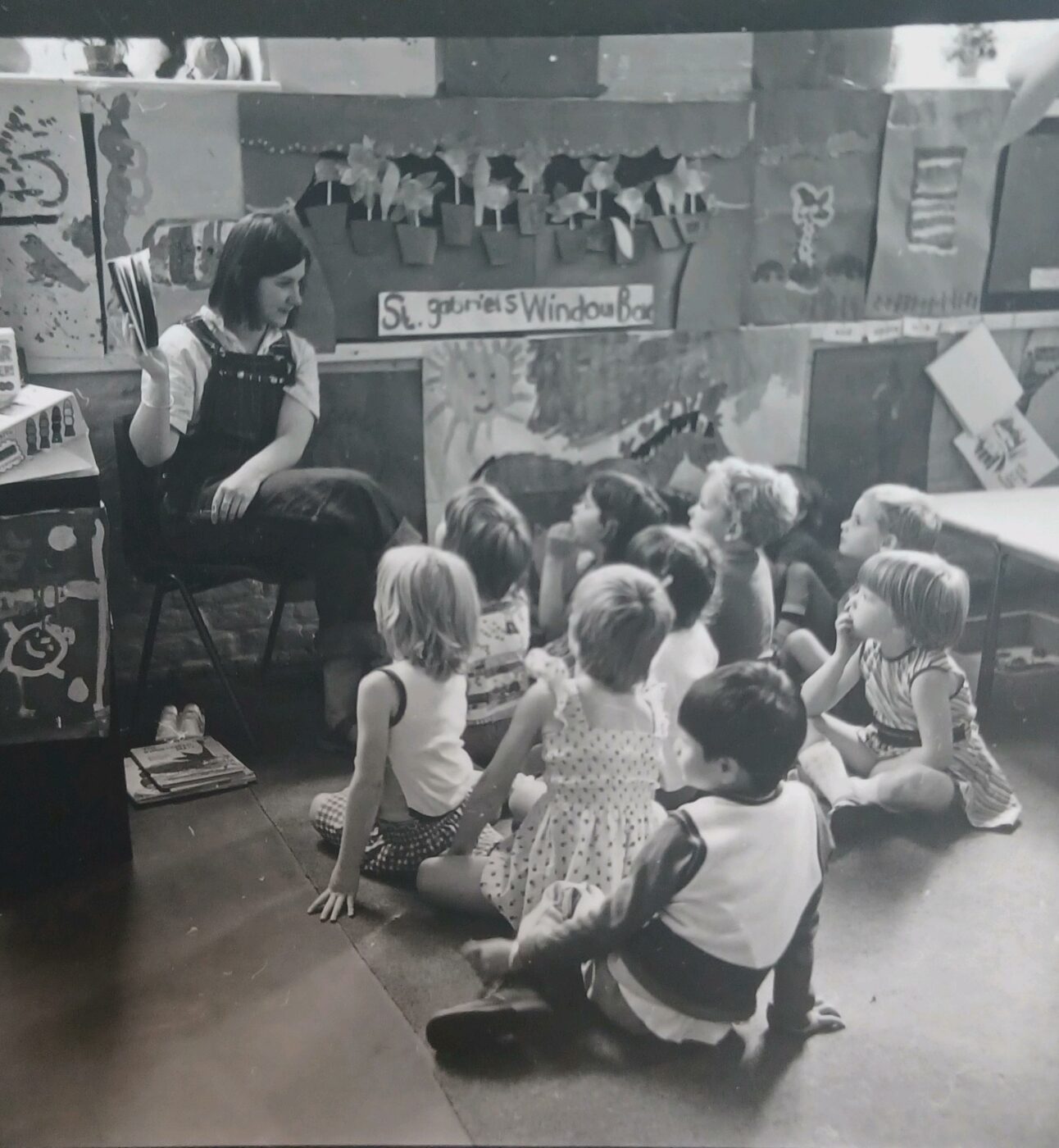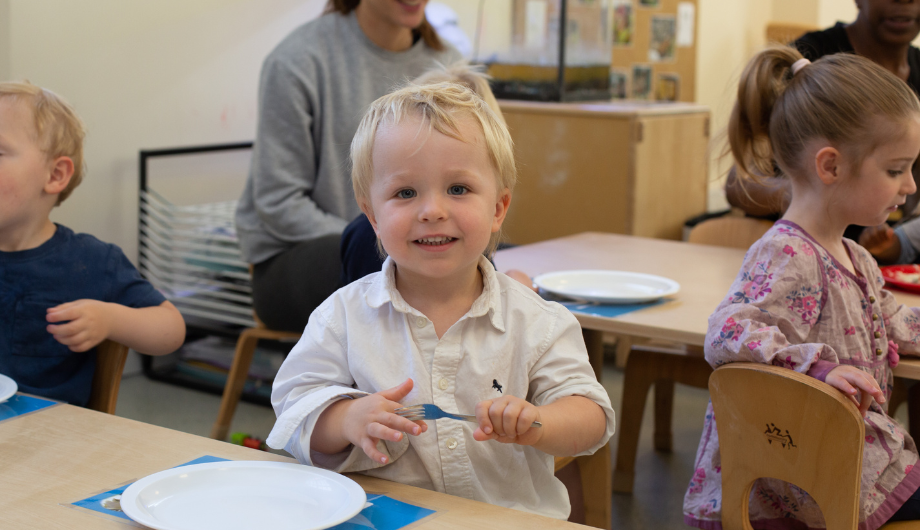
Talking Early Years: Celebrating 120 Years at LEYF
The Year That is 2023 – This year, we are proud to celebrate 120 years of LEYF. It’s been fascinating to reflect back on what has changed over…
January 8th 2012
On 6 January, Irish women – especially those in Cork – celebrate Little Women’s Christmas (Nollaig na mBan). It is the last day of Christmas and the men are expected to take over the running of the house while the women, especially mothers, party. Instead of partying, I started to think about the current role of mothers in our post feminist society.
Back in the 1970’s I joined the feminist movement with all the zeal of youth. I had left an economically bankrupt Ireland and an oppressive place for young women. I was eager to experience a city where women were keen to overcome the gender inferiority expressed so beautifully in the seminal book The Second Sex by Simone de Beauvoir (1949).
So I came to London and became a feminist, buying my monthly Spare Rib, reading Betty Friedan, Marilyn French, Nancy Friday, Anne Oakley and anything published by Virago Press as well as frequenting the Irish Women’s Group in Stoke Newington and the South London Women’s Centre. I was excited by the prospect of gender and economic equality. I absorbed the principle that the personal was political, and I marched on the night rally to Reclaim the Night. It took a while for me to become uneasy with some aspects of feminism – including motherhood, divorce, boys and men, childcare and poor women. I realised, somewhat slowly, that the price we would paid for our so called equality could be very large and self-destructive.
So now that we have the vote, divorce, jobs, training and contraception why do I still have the same powerful sense of uneasiness, especially about our role as mothers? Maybe it’s because I know that pay is not guaranteed to be equal, because women suffer from such sexist pension laws, childcare remains the predominant responsibility of women, domestic violence is increasing and because many young women have confused sexual independence with laddishness.
As a female leader in a female dominated sector, where the majority of our customers are women, I feel we should lead a debate on the role we expect mothers to play in today’s society. Even more so, since women are suffering more severely in this economic disaster – with a higher proportion losing their jobs and pensions, whilst at the same time facing the challenge of keeping their families out of poverty. Their jobs are not for extras; the majority of all homes now depend on two incomes. In a report Families Experiencing Multiple Disadvantage: Their Use of and Views on Childcare Provision (Speight, Smith, Lloyd; 2010), the authors found that 62% of poor parents would like reliable childcare to go to work. And if women are to work once they become mothers, they logically need to find good childcare. But this course of action is complicated and tainted by the societal confusion about what we want for our children.
It is noticeable that countries which have had a meaningful philosophical debate about what they want for their children have a much healthier attitude to motherhood. Christine Lagarde, the first female CEO of the IMF was interviewed by the Financial Times recently. In the article, she claims to have never worried about leaving her children while she worked, thanks to the very good nursery at the IMF, adding how she liked to hear the sound of children in the building. Instead, she says that she was most honoured when her child told her how proud he was of what she was doing. It is a very positive interview and one I wish we could have more of here in the UK.
By contrast, here in the UK we remain twisted up in guilt and confusion about how to do the right thing by our children. The national attitude ricochets from describing motherhood as a saintly vocation to blaming all mothers – especially single mothers – as the cause of all our social and economic woes (too many women working, no jobs for men or we don’t know what our children are doing because we are always out).
So, in celebration of Little Women’s Christmas 2012, let’s start this week by thinking through our post modern, socially constructed feminist approach to being the mother of a child under 5 in 2012. And before anyone says Dads matter too, I know they do; but right we need to spend some quality thinking time examining our attitudes to motherhood as a first step in a renewed analysis of what we want for our children, the family and the future. It will lead to us to consider a myriad of aligned issues – including what is good quality childcare, what does early childhood education mean for us, and should our children be in school at 4.
Visiting our Eastbury nursery the other day, I met Grace who is a LEYF parent currently completing her Early Years Professional Qualification while on placement in the nursery. As someone with a view from both sides, I was interested to hear that what she wanted was to be able to develop a meaningful career, knowing her child is getting the best care in her nursery. Not so different to her feminist sisters in the 1960s – or is it?
Let me know what you think in the comment box below. In the meantime, I look forward to engaging with you on this and many other ideas throughout 2012.

The Year That is 2023 – This year, we are proud to celebrate 120 years of LEYF. It’s been fascinating to reflect back on what has changed over…

We have been raising the issues of childcare funding for over 10 years. It has been so long, I am amazed at how patient I’ve remained – and…

In the beginning of 2022 So here we are. The final blog of 2022. And hey, we’ve managed to get through what has been a year of discontent and foolishness.